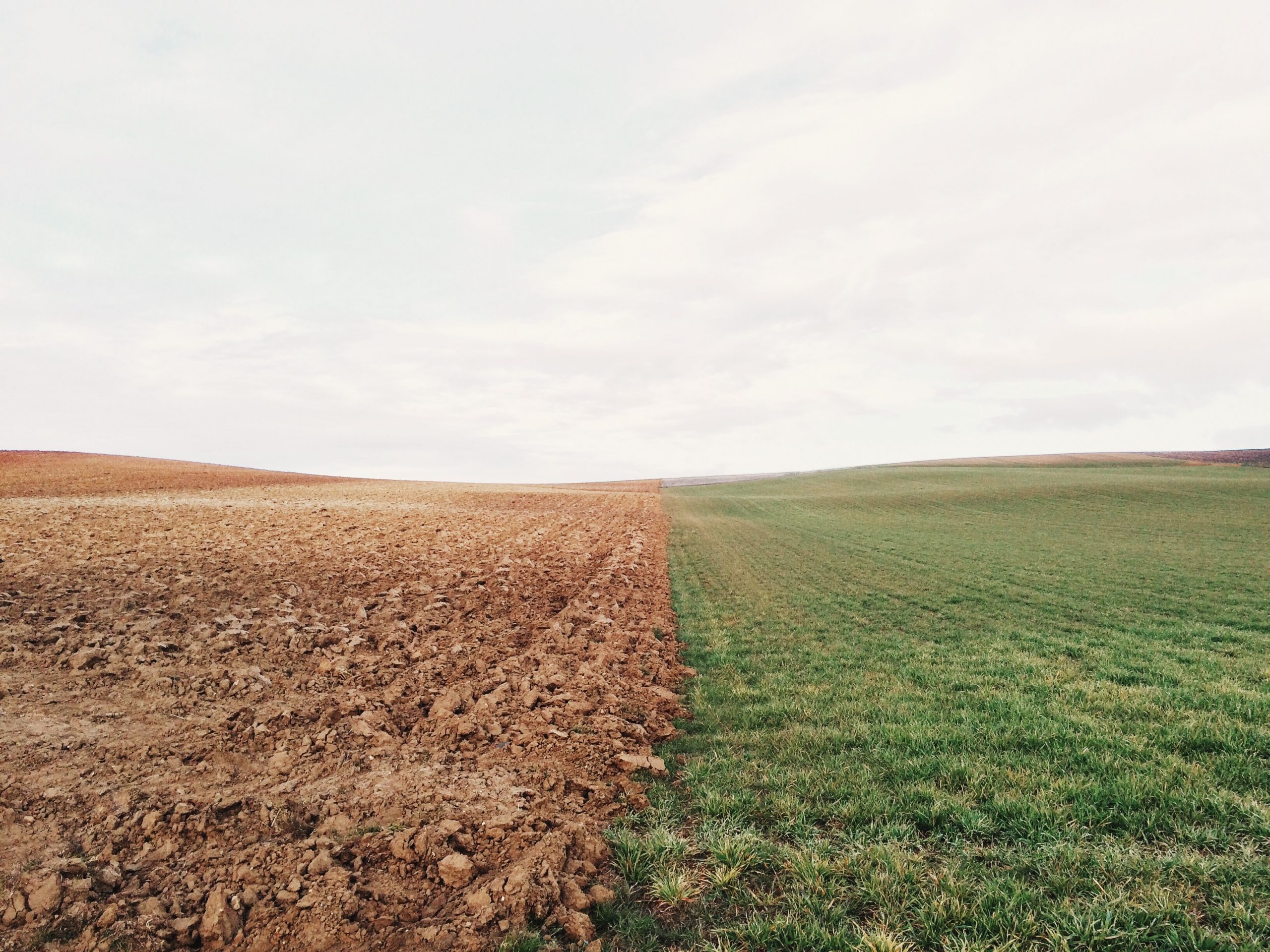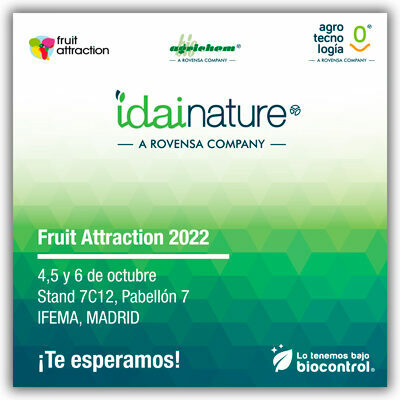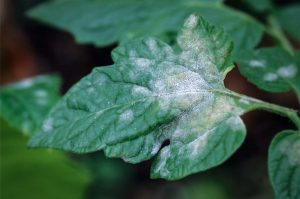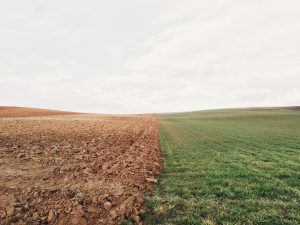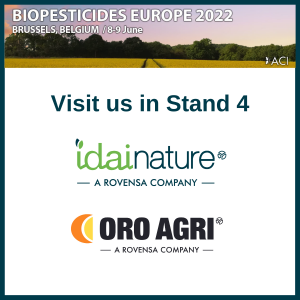The FAO estimates that agriculture is one of the dominant sources of water and soil contamination, caused by the residues from nutrients and pesticides used in agricultural activities. Approximately 30% of that waste ends up in the subsoil and oceans, leading to contamination of agricultural land and groundwater. For instance, the most common chemical pollutant of groundwater is nitrate used in agriculture.
Some widely used pesticides, such as glyphosate, can remain in soil and water for years. Although their use has been limited or banned in recent years, more than 700 pollutants remain present in the European aquatic environment.
Soil and water contamination stemming from agricultural activity is a complex issue. The most efficient way of tackling it is to limit the emission of pollutants, either by regulating their use or by switching to more sustainable agricultural models.
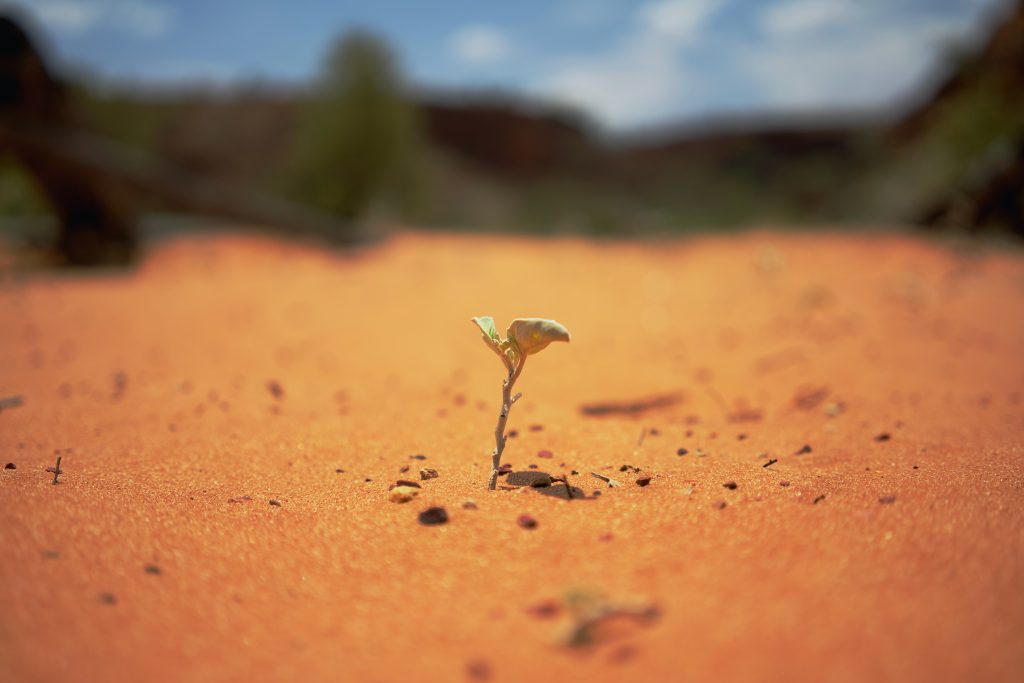
Why is it important to protect agricultural soil from contamination?
Soil is not only key to ensuring a supply of healthy and high-quality products, as well as a sustainable production. Soils are also crucial for human wellbeing and environmental protection, since:
- They represent the largest organic carbon reservoir.
- They regulate the cycles of plant nutrients, oxygen and carbon sequestration.
- They constitute the habitat of many micro-organisms and organisms that boost biodiversity and crop productivity
- They are home to a quarter of the species of our planet.
- They regulate and filter the hydrological cycle.
- They absorb and emit gases, proving useful in trapping gases that are harmful to the atmosphere.
However, according to the FAO, 33% of Earth’s soils are in a state of degradation, from moderately to highly degraded. This is due to phenomena such as erosion, nutrient depletion or salinisation, which arise from contamination caused by continued and intensive use of pesticides or chemical fertilisers.
The main challenge of soil contamination is that it is non-renewable. It is estimated that 1 cm of topsoil takes 1,000 years to form. In other words, the space available for growing healthy food is shrinking. As a matter of fact, plants not only absorb water and nutrients from the soil. If the soil is contaminated, the pollutants pass into the food chain, which can adversely affect the development of animals and humans.
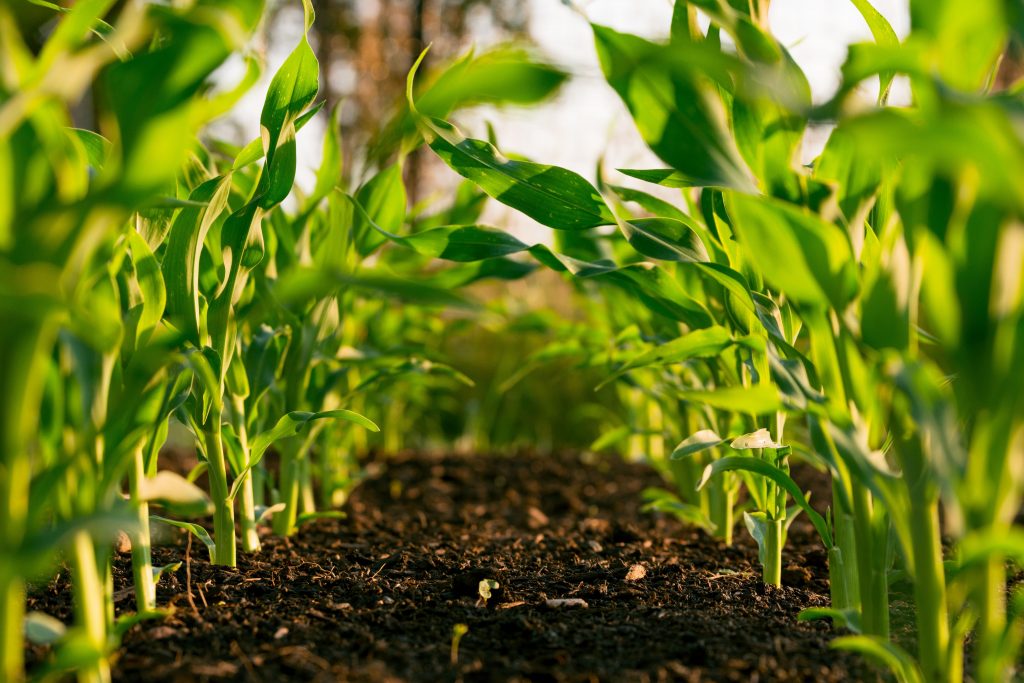
Natural solutions to combat soil degradation
Soil contamination implies high concentration of a substance that either should not be present or is found in a much higher amount than usual.
For this reason, at Idai Nature we are developing natural and innovative solutions that respect organisms and the environment. It is worth noting that, according to the FAO, farming that opts for biological solutions results in similar or higher yields, producing 20 times less pollution than traditional synthetic chemicals.
If the concept of biocontrol is still unknown to you, we would like to remind you that committing to more sustainable agriculture has the following advantages:
- Opening to more demanding markets with Maximum Residue Limits on foods.
- Ensuring the protection of crops and beneficial auxiliary fauna.
- Contributing to a safer food chain, free of chemically synthesised pesticides.
- Eliminating adverse effects on the farmers and their environment.
Remember that Idai Nature puts at your disposal a complete catalogue of natural solutions. Contact our specialised technical team that will guide you through the solutions that best suit the needs of your farming.
About Idai Nature
Idai Nature is a biotechnology company based in Valencia (Spain) that was set up in 2009 by Carlos Ledó and specialises in the development and manufacture of products based on micro-organisms and botanical extracts including biofungicides, biobactericides and/or bioinsecticides. Since 2018, the company has been a part of the Rovensa business group and leads its agricultural biocontrol unit which also includes Agrichem Bio and Grupo Agrotecnología. www.rovensa.com.

